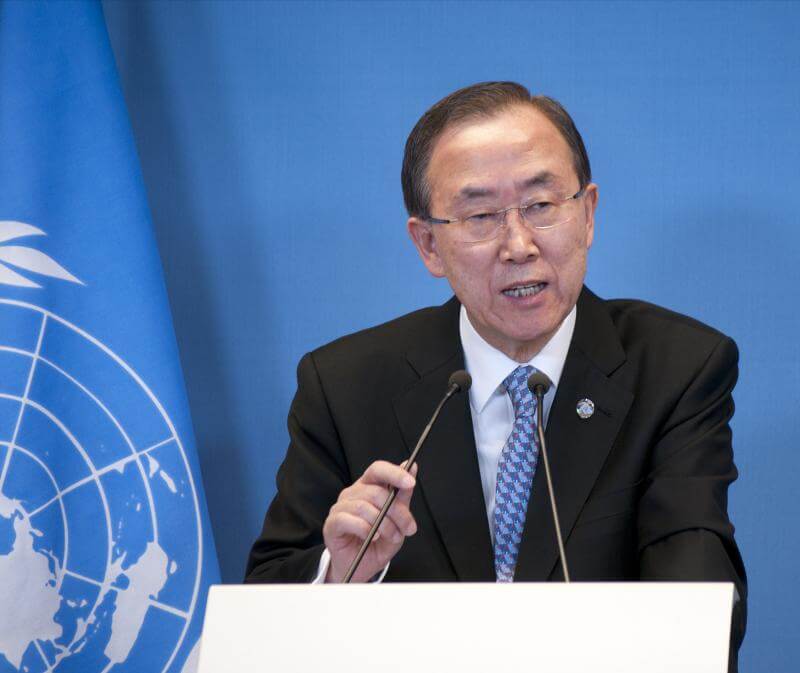
11/16/2021
Agriculture is the main driver of deforestation and land conversion, but it also holds the keys to keep global warming below 2C. With the right investments in research and innovation, smallholder farmers, especially women, indigenous peoples and young people, can be part of the solution to many of the challenges we face, transforming food systems in ways that reduce hunger and poverty, improving access to healthy diets and protecting the environment and biodiversity. Nature-based adaptation solutions can provide us with healthy and delicious foods that are good for consumers, farmers and the planet.
If we really want to tackle the climate crisis, we must consider whole food systems. This means going beyond trees, land use and productivity and looking at the whole value chain as well as the people, from smallholder farmers and labourers, to food service workers and delivery drivers, who keep it running.
The momentum around food system transformation and climate-resilient agriculture that has been created by the UN Food Systems Summit in September must be carried throughout Cop26, and then to the Nutrition for Growth Summit in Tokyo next month, another important pledging moment for world leaders.
Read the full op-ed published by The Independent on November 11, 2021, authored by Ban Ki-moon, former Secretary-General of the United Nations and Co-Chair of the Ban Ki-moon Centre for Global Citizens.







